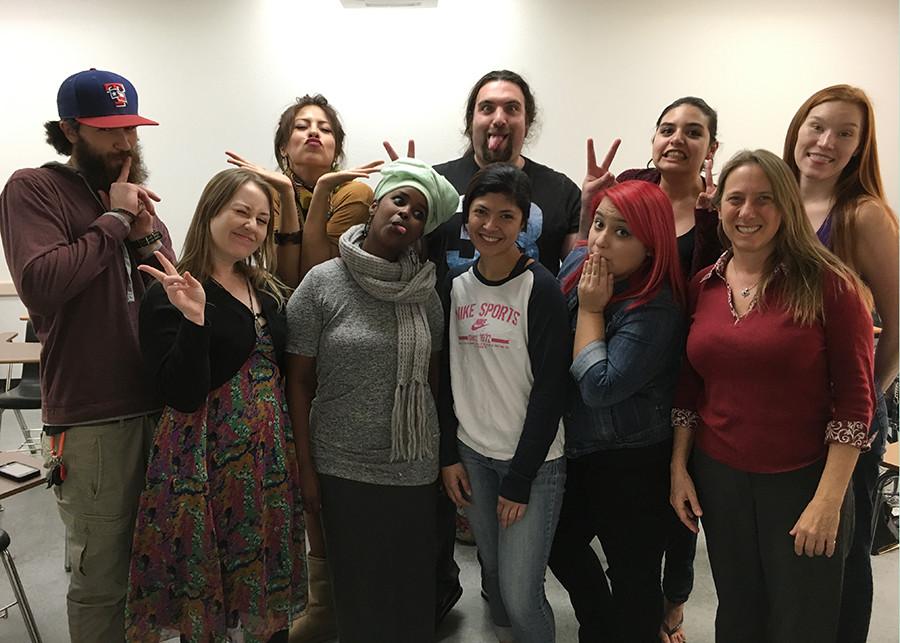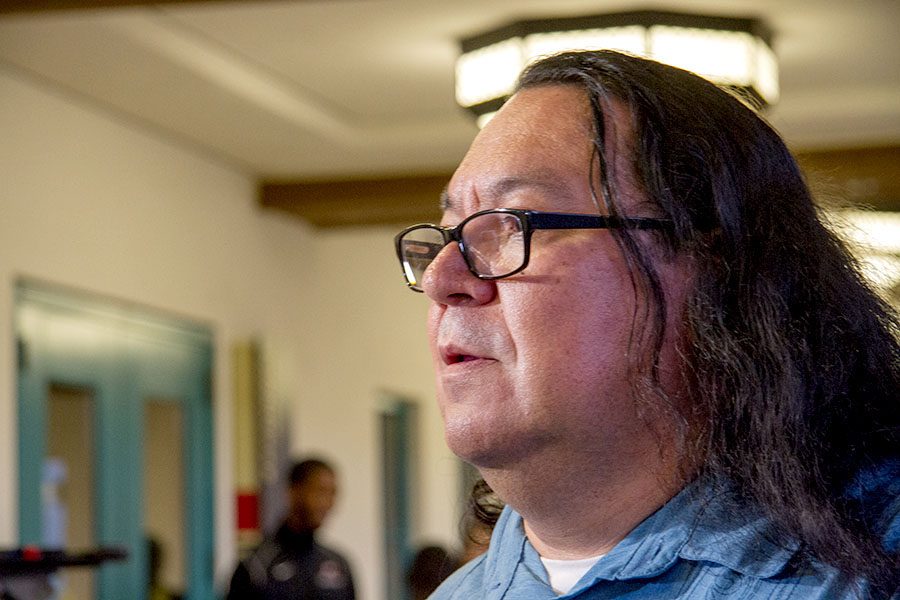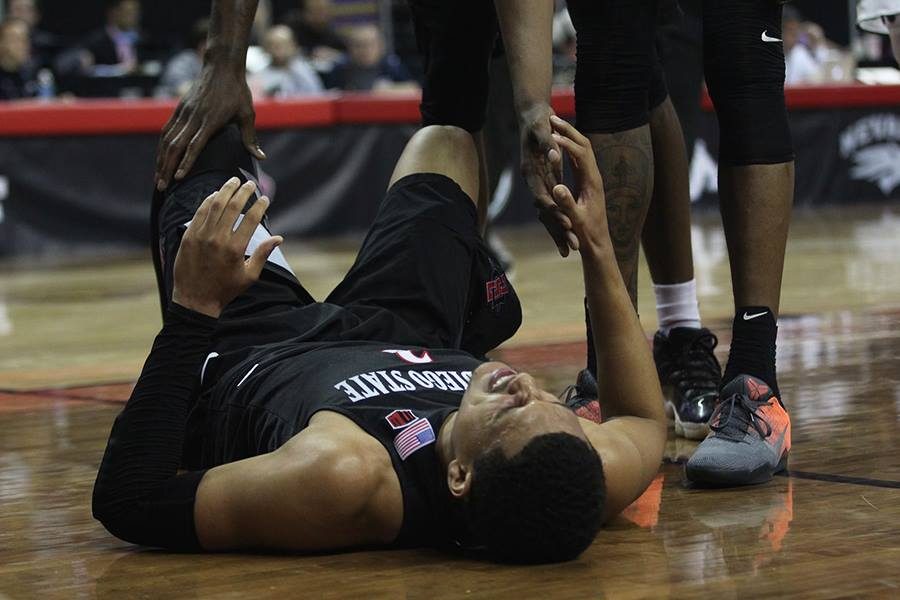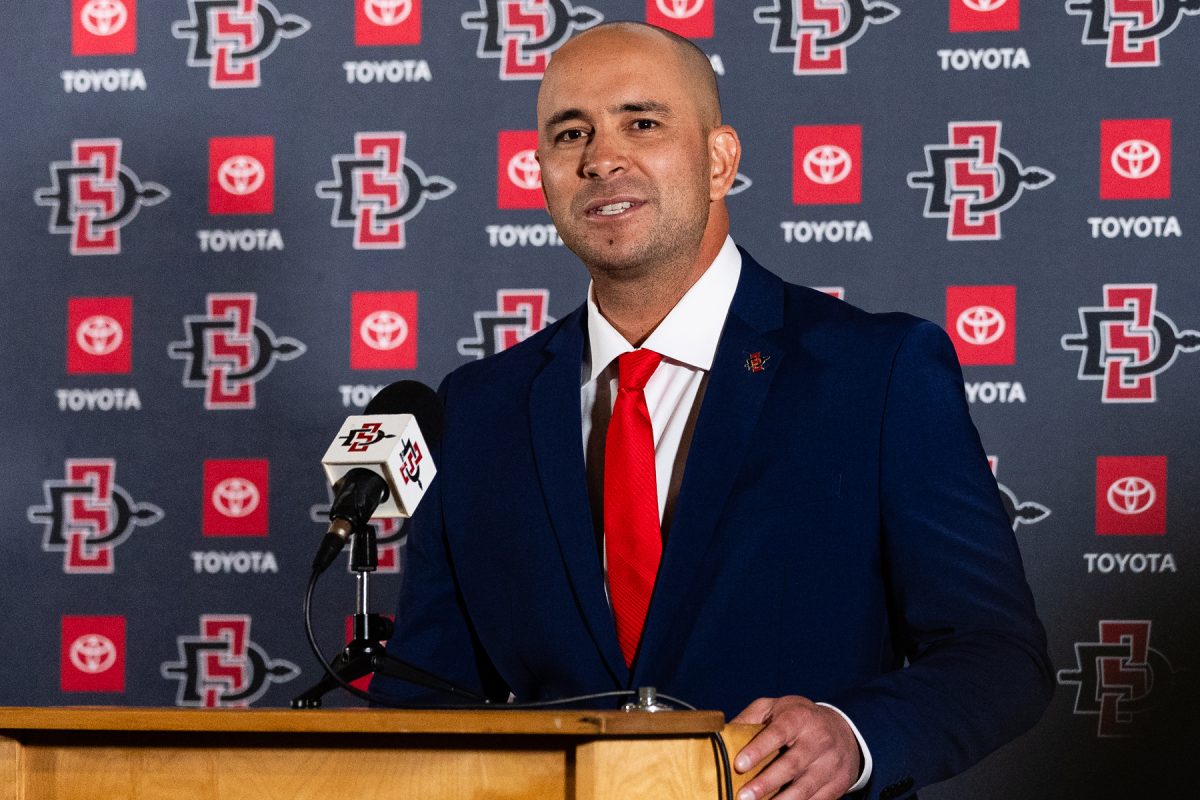Wage theft, time theft and other various workplace violations to employees are an ongoing issue, and San Diego State students are not an exception.
In an effort to further inform students about their workers’ rights, some of the students from general studies course Engaged Citizenship and Social Responsibility will host the Labor Rights Forum at 4 p.m. on Wednesday, Dec. 9, in room 270 of the Conrad Prebys Aztec Student Union.
“Students need to know their rights as workers,” said sociology associate professor Jill Esbenshade, the instructor of Engaged Citizenship and Social Responsibility. “There are a lot of employee protections in the United States that are commonly violated every day.”
Esbenshade said some of the most common violations include workers not being permitted an uninterrupted break, not getting paid properly for working a shift overtime and going through unstable on-call scheduling.
Several nonprofit organizations in San Diego have collaborated with SDSU students currently enrolled in Esbenshade’s course to provide the most current information and research related to labor rights.
One of these organizations is the Employee Rights Center, which offers legal services related to employment issues and labor laws. A labor rights attorney who consults on behalf of the Employee Rights Center will be one of the forum’s various presenters.
Raise Up Campaign, a community coalition that promotes increasing minimum wage to $11.50 by 2017, and Center on Policy Initiatives, a nonprofit research institute researching wage rates in San Diego, will also be contributing at the forum.
One of CPI’s most recent findings has been that 38 percent of all working-age households in San Diego can’t make ends meet. A staggering 23.5 percent of households with full-time workers also still make too little to meet living costs in San Diego County.
Sociology senior and Engaged Citizenship and Social Responsibility student Trevor Auldridge said SDSU is a community where everyone should look out for one another. He said the Employee Rights Center is currently trying to develop a workers committee to improve working conditions and develop preventive strategies for working violations.
“Students engaging in this class are helping to control their own personal learning (and) their own self-actualization in the learning process, but they’re also helping other people control their destiny,” Auldridge said. “If you know what is and isn’t legal in the workplace, and you know you’re being treated unfairly, then you know that you can act on that.”
Engaged Citizenship and Social Responsibility is offered under the Service Learning and Community Engagement program and is considered a course-based study rather than lecture-based. Students are required to do firsthand research as part of the course’s main theme project on wage theft.
“This class gives students the chance to be engaged in their community and do a project that can help work toward solutions to problems in our society,” Esbenshade said.
Esbenshade said students were trained to perform intake for organizations and assist hundreds of callers, file complaints and contact the proper agencies. Throughout the semester, students did about 70 short presentations across classrooms on campus, collected about 3,000 surveys and then analyzed their data. Students have developed research skills, organization skills, communication skills and public speaking skills, Esbenshade said.
“I think if there’s more interest in these sorts of courses, it will be kind of part of the bigger curriculum at SDSU,” Auldridge said.
The course is being offered again in spring 2016 in which a new labor rights project will be started.
















